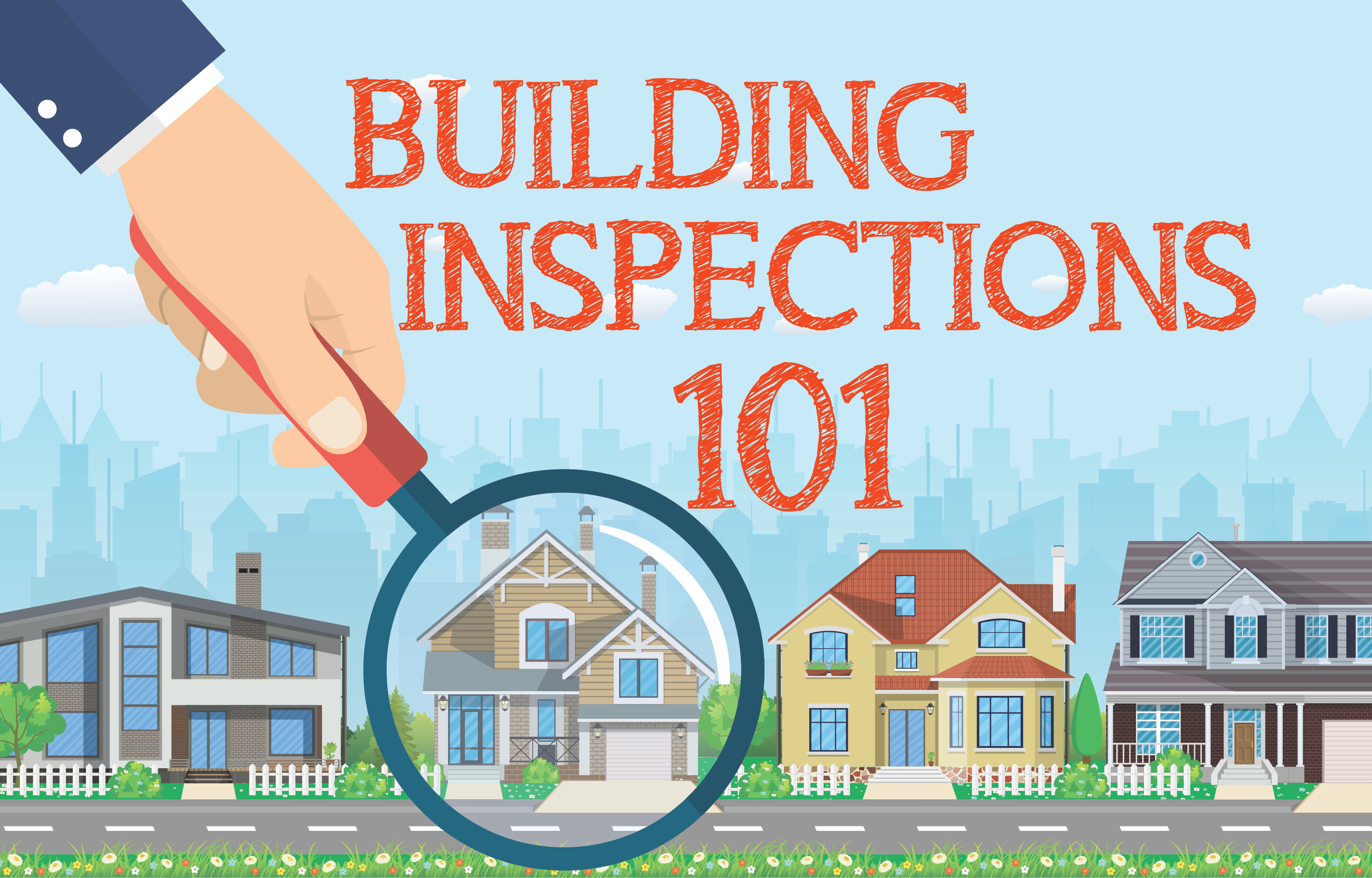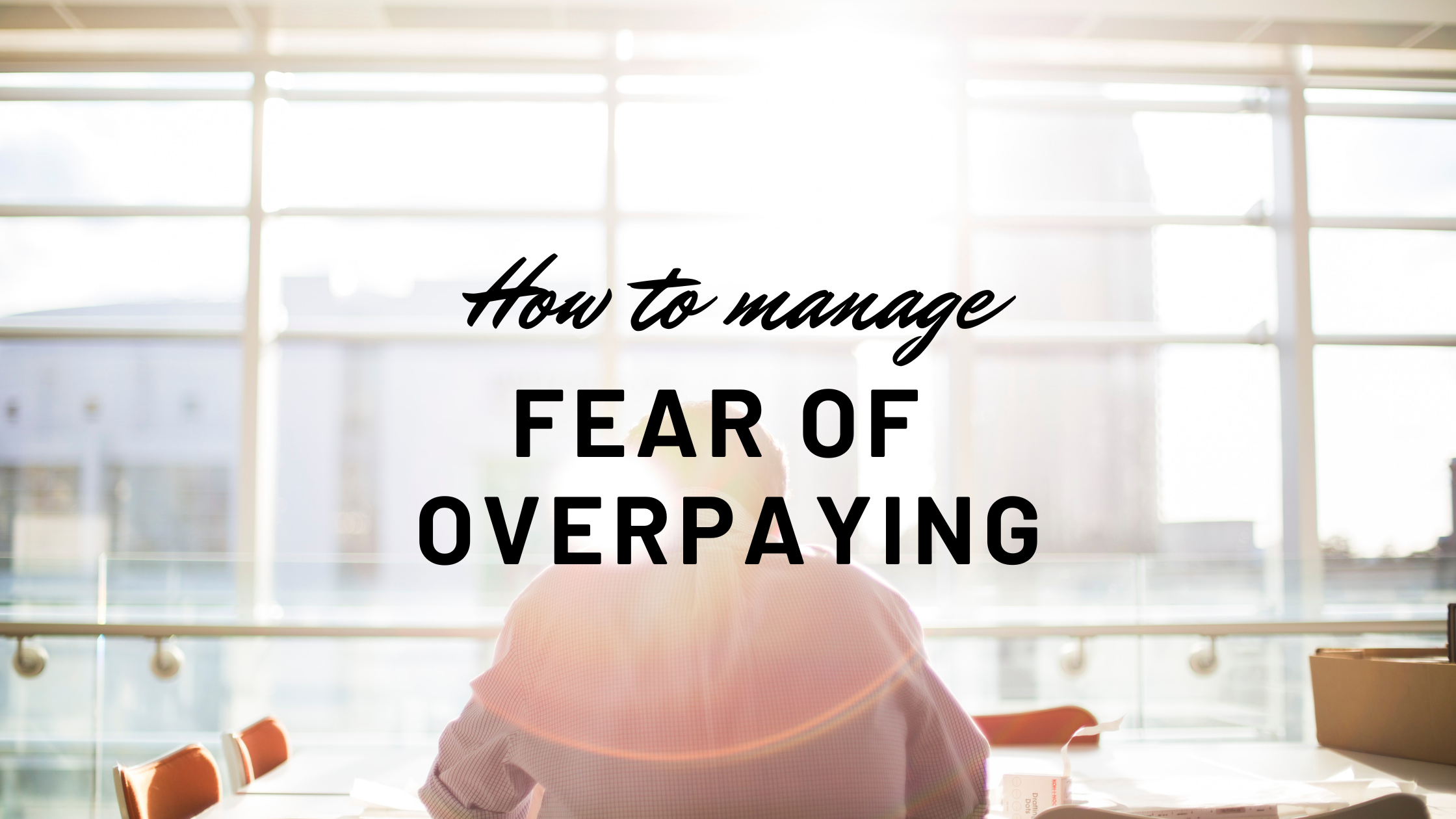BUILDING INSPECTIONS 101
6 JULY – MARKET COMMENTARY, REAL ESTATE, BUYING TIPS
Making a property purchase of any type is a big commitment, and without a doubt, ensuring that what you are about to invest in is worth checking out. Even from a general understanding of what maintenance may be on the cards in the future, if not ensuring there are no red herrings or hidden defects.
In doing so, a building inspector and building report are what you want to get. But who and what sort of report should you get, how much do they cost, are there good and bad building inspectors and how do you navigate yourself through the information once received?
There are many questions that one could want to ask and worth knowing before you start to look for a property so you are ready when the time comes to need the services of a building inspector and obtaining a report.
Below we will go into the 101 of Building Inspections.
Not all Building Inspectors are the same
Unlike many industries, building inspectors are not regulated in New Zealand and there are no set qualifications to be able to call yourself a building inspector or work in this industry.
This therefore, means that experience, skillset and abilities of different building inspectors can be vast and wide. Building inspectors can belong to a body much like builders can be part of a brand of professionals like Master Builders. If they belong to one of the three major bodies of inspectors and are qualified under them (The New Zealand Institute of Building Surveyors, Building Officials Institute of New Zealand, New Zealand Institute of Building Inspectors) then there is a level of expectations, guidelines and requirements they must meet. It would be highly recommended you ensure your building inspector belongs to one of these. Also, make sure your building inspector carries indemnity insurance so that if anything goes wrong and if there is the need for a claim that there is money behind them to seek compensation through the Courts.
Costs, Services & Types of Reports
Building inspection costs can vary greatly. They can start at just a couple hundred dollars to over a thousand.
Typically the main variation is based on what services your building inspector carries out in assessment of the property and what type of report you require. Some properties will require more or different research from others and your situation may govern what type of report you want.
Here are some of the types of reports building inspectors offer:
- Pre-Sale Report (for owners before they take a property to the market)
- Pre-Purchase Report (for buyers typically a full detailed written report)
- Urgent Pre-Auction reports
- Verbal Reports
Verbal reports are normally chosen by clients who don’t need a report for bank purposes, feel reasonably confident about the home and just want a quick check in a speedy timeframe to give them the assurance they are not walking into a nightmare. Be aware with verbal reports, albeit they can serve their purpose in the market place, do not allow for compensation at a later stage. Also if you have a conditional offer on a home under a Sale and Purchase agreement, you are obligated upon terminating the contract under the building report clause to provide a copy of the building inspection report.
Services many inspectors offer:
- Physical Inspection
- Moisture Inspection
- Thermal Imaging Inspection
- LIM & Council File Reviews
- Asbestos Testing
- Meth Testing
- The whole hog or the works as many call it
The biggest thing when considering what type of services to choose is the level of risk associated with the property. The inspection company should offer good advice of what would be considered as necessary to check out, and what may be seen as more unnecessary. The only way to be 100% sure is to get everything checked but sometimes this just isn’t cost-effective and wouldn’t be advised. For example, if the home was built in a period where asbestos-based products were not available then the need for an asbestos test seems unqualified. Also as another example, the home has had several additions or alterations over its lifetime, then a full council file and LIM report review can be worth the investment. This may unearth problems before you spend larger sums of money with a lawyer to consider and find the same problems. Common sense will prevail but asking good questions of the agent/owner about the property and then discussing these answers with the inspection company will help to guide you to the right choices. Important Questions When Purchasing Property
Things typically not covered by building inspections worth investigating
Building inspectors sometimes have the experience to examine additional areas of the home and property but if they don’t, they should be able to direct or recommend you to a specialist to do this for you.
If the home has a pool it is worth getting a pool company to do a full inspection of the pool, the pumps, water heater etc if it has these. The costs for re-lining a pool can run into the tens of thousands and more if it is a concrete pool and is structurally compromised, so checking out the entire pool is a must.
Electrical also isn’t typically inspected by a building inspector but they should be able to advise you if they sighted any poor-looking workmanship, old wiring or electrical components not working and worth investigating further.
If the home has other items that are specific in design like a lift, car turntable etc then get the appropriate specialist in to give you the all-clear.
What to look for in your report. When is a problem too big or are some problems worth working through with owners?
Deciphering a report can always be a little tricky but equally at the same time can be plain as day.
Remember a couple of rules. Older homes will typically have maintenance items or easy to fix problems. Read the report in the context of the property and its age. Try and quantify the costs and what is involved in remediating the items. Good questions are;
- Are they small or big problems? Then take a reasonable view.
- Is this something that needs repair now?
- Is this something that the owners should repair prior to purchase or should compensate for a repair that you are happy to take on?
- Is this a maintenance item in the future and is typically expected with older homes?
Remember, often no home is perfect and if your expectations are too high / unreasonable then the costs of researching and not proceeding on a number of homes you like could outweigh the cost of just working through a few problems here or there. Even better if the owner will pay or remedy these items found.
Building inspectors are employed to find as many problems as possible. Often if you just purchase and read a report it can feel like there are more problems or worse problems than there really are in a home.
Getting an overall opinion from an experienced inspector is important and should always be sought in conjunction with a report.
Many inspectors, if you take the time to ask more questions about a report, will tell you if despite the number of problems found, they feel that this is a good property just with some issues requiring attention or if this home has larger concerns that may not be cost effective or worth the energy in trying to resolve.
It is always beneficial talking the report through with your inspector.
Good questions to ask are;
- What are the causes of problems found?
- Their views on if they are a big or small problems?
- If and what further investigation would be worthwhile doing?
- What are the costs in remediating these problems?
- What are need to do now items and what are things that can be done in the future?
They will most likely be able to guide you towards professionals who can give you costs and a better view to answer your questions if they cannot or are not prepared to.
Summary
Building inspectors can be a wealth of information, support and help, or on the reverse scare you away from good properties and cause you a lot of cost and anguish. Often either of these outcomes can result in the steps you take with your building inspectors/inspection.
These summary tips below will help you come out on top:
1) Qualify the inspector you choose
2) Ask lots of questions about the property and provide this information to the inspector
3) Don’t skip or try to do your research on the cheap. Take the advice from the inspector and invest in what they and you feel the property needs in the way of research
4) Take a considered approach to the report and context of the property you are purchasing
5) Discuss verbally with your inspector the items found (big or small problems) and if more research is needed along with quantifying the costs
6) Who should be paying and what is reasonable
7) If these items were not present or remedied would this be a home you would want to purchase
8) Engage in the agent/owner and your lawyer to discuss the next steps to move forward. Open communication with all parties is always the best course of action no matter the decision.



